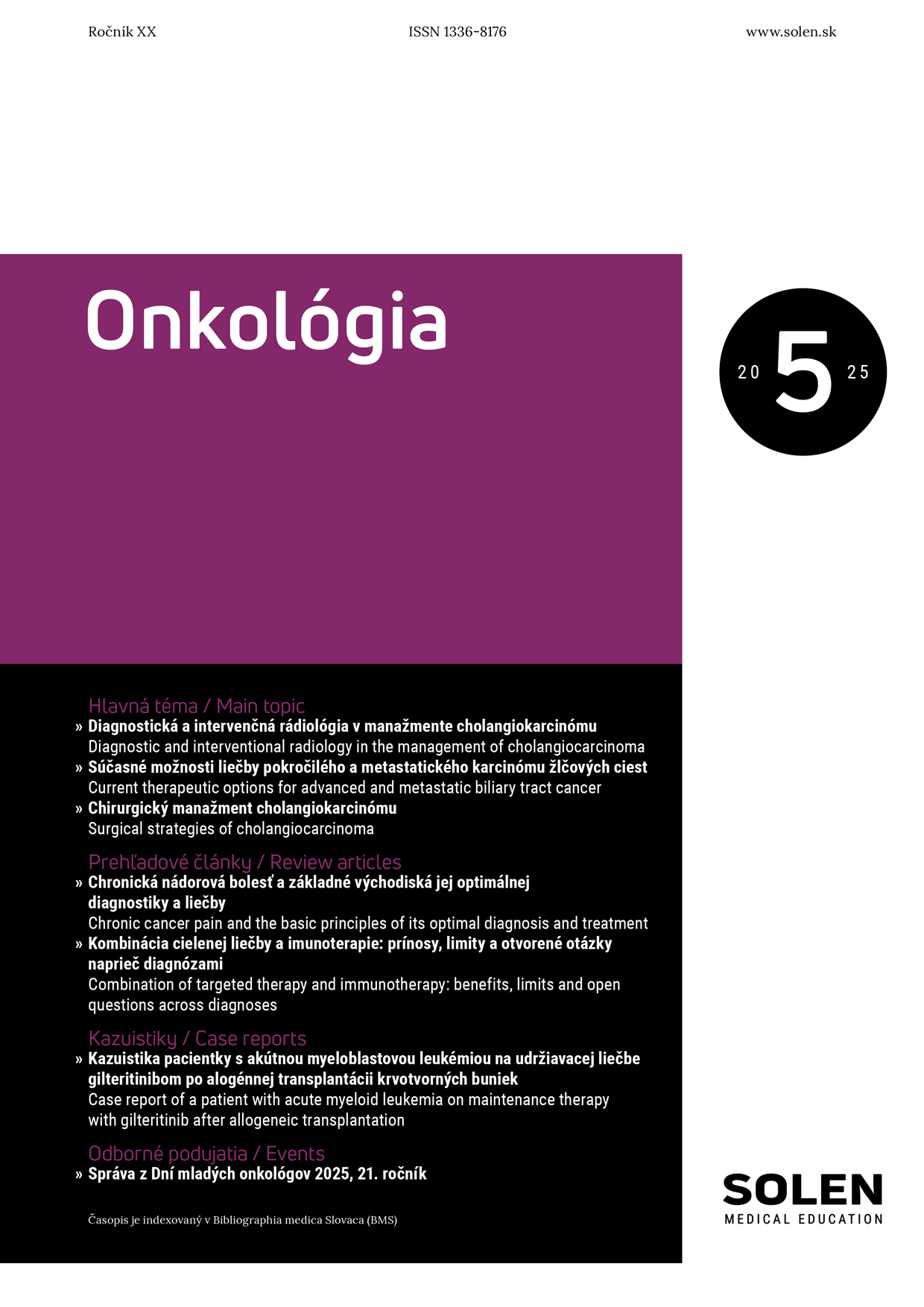Neurológia pre prax 3/2024
Spastic paraparesis as a clinical manifestation of severe X-linked adrenoleukodystrophy
Pathogenic variants in the ABCD1 gene are the genetic cause of X-linked adrenoleukodystrophy (X-ALD). X-ALD can manifest as severe fatal adrenoleukodystrophy (ALD), milder adrenomyeloneuropathy (AMN), or adrenal insufficiency (Addison’s disease), but it can present clinically only as mild spastic paraparesis, particularly in female carriers. During several years of genetically diagnosing hereditary spastic paraparesis (HSP), four Czech families were diagnosed with a pathogenic variant in the ABCD1 gene when one of the family members was referred for testing of genes associated with hereditary spastic paraparesis that was the only clinical manifestation of the disease, sometimes even in several family members. Only on the basis of genetic diagnosis and after identification of the causative pathogenic variant in the ABCD1 gene, it was possible to retrospectively determine the correct diagnosis of some family members, as they had been diagnosed (or died) with multiple sclerosis, motor neurone disease, and others. The knowledge of the causative pathogenic variant is very important and it is on its basis that the risk can be determined in the family, particularly for male individuals because they are at risk of severe to fatal course of the disease due to X-linked inheritance. X-linked inheritance in the family, milder clinical manifestations in the form of spastic paraparesis in women, and manifestations of ALD, AMN, or adrenal insufficiency (Addison’s disease) in male family members can all be good clues to lead one to suspect this diagnosis. The number of such families may be much higher in the Czech Republic. One of the clinical manifestations and biochemical markers of the disease are high levels of very long-chain fatty acids (VLCFA) in the blood serum which are easy to diagnose. Classic as well as novel methods of genomics are available for genetic confirmation of the diagnosis.
Keywords: adrenoleukodystrophy, adrenomyeloneuropathy, spastic paraparesis, ABCD1 gene

















